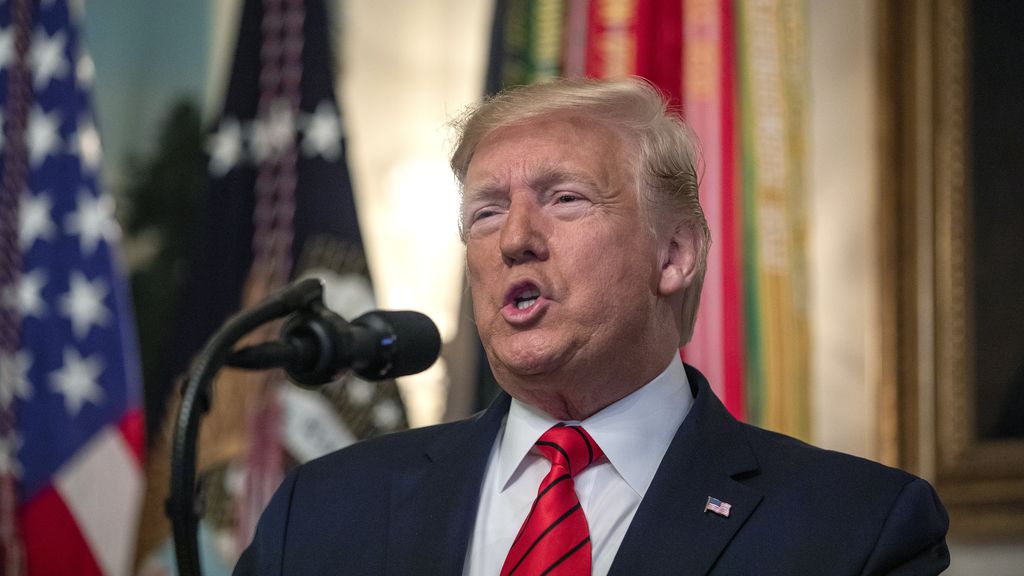Alwaght- US President Donald Trump has faced heated criticism from legal and energy experts after his suggestion on Sunday that Exxon Mobil or another US oil company operate Syrian oil fields.
“International law seeks to protect against exactly this sort of exploitation,” said Laurie Blank, an Emory Law School professor and director of its Center for International and Comparative Law.
“It is not only a dubious legal move, it sends a message to the whole region and the world that America wants to steal the oil,” said Bruce Riedel, a former national security advisor and now senior fellow at the Brookings Institution think-tank.
“The idea that the United States would ‘keep the oil’ in the hands of ExxonMobil or some other U.S. company is immoral and possibly illegal,” said Jeff Colgan, an associate professor of political science and international studies at Brown University. Colgan also said U.S. companies would face “a host of practical challenges” to operate in Syria.
“Oil, like it or not, is owned by the Syrian state,” Brett McGurk, former U.S. envoy to the multilateral anti-ISIS coalition, said last week, per the Wall Street Journal.
“What I intend to do, perhaps, is make a deal with an ExxonMobil or one of our great companies to go in there and do it properly ... and spread out the wealth,” Trump said during a news conference about the U.S. special forces operation that led to the death of ISIS leader Abu Bakr al-Baghdadi.
Webber, deputy director of UT-Austin's Energy Institute, criticized the Trump administration's maneuvers.
"The announcement that oil was a motivator for our troops’ movements affirms critics’ worst conclusions that US foreign policy and defense strategy are about oil and no longer about defending human rights or promoting democracy abroad," he said.
Exxon Mobil Corp and Chevron Corp, the two largest U.S. oil companies operating in the Middle East, declined to comment on his remarks.
Even getting Exxon or another major oil company to develop Syrian oil would be a “hard sell” given its relatively limited infrastructure and small output, said Ellen R. Wald, a senior fellow at the Atlantic Council’s Global Energy Center.
Syria produced around 380,000 barrels of oil per day before the foreign-sponsored war erupted. An International Monetary Fund working paper in 2016 estimated that production had declined to just 40,000 barrels per day.
In a press conference that followed, U.S. Senator Lindsey Graham of South Carolina supported President Trump’s focus on Syrian oil, when a reporter asked by what “legal right in international law” the U.S. could take Syrian oil.
“This was the chief source of revenue for a long time for ISIS,” Graham said. “It is now in the hands of Syrian Democratic Forces, which are Arabic Kurds, mostly Kurds, with the partnership with the United States. So, no this doesn’t violate any law. In my view, what it does is just good common sense foreign policy.”
“This is a win-win,” he continued. “The SDF will get more money if we can modernize the oil fields.”
Trump has faced heated criticism from both Republicans and Democrats over abandoning Syrian Kurds by pulling troops from the Syrian-Turkish border region. The withdrawal cleared the way for a Turkish military operation against the Kurds.



























